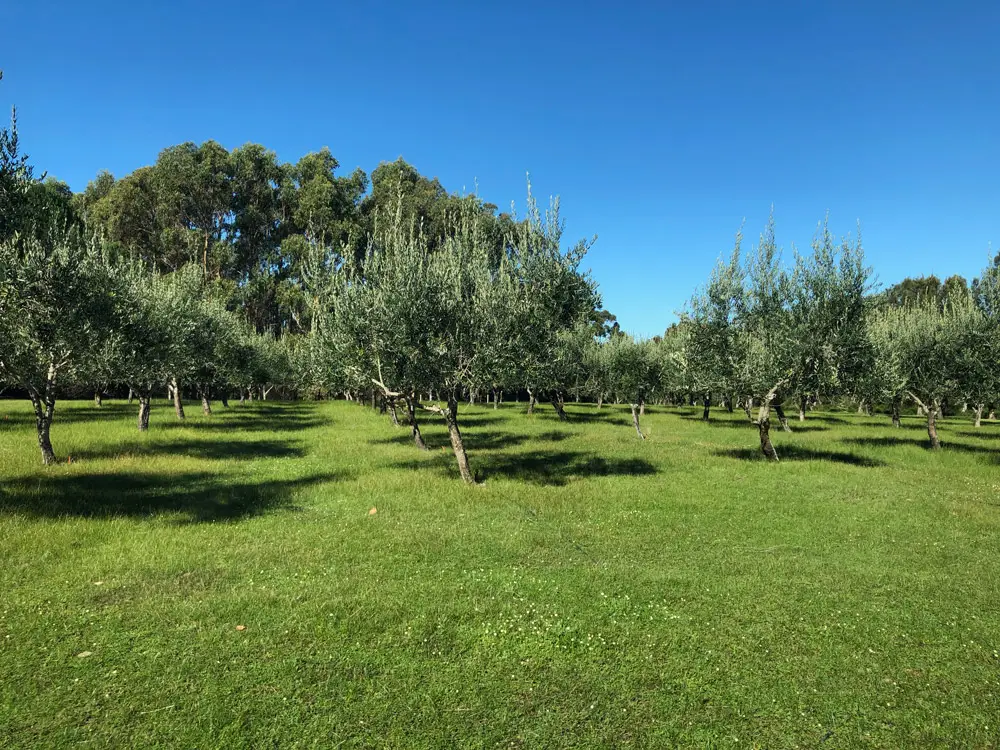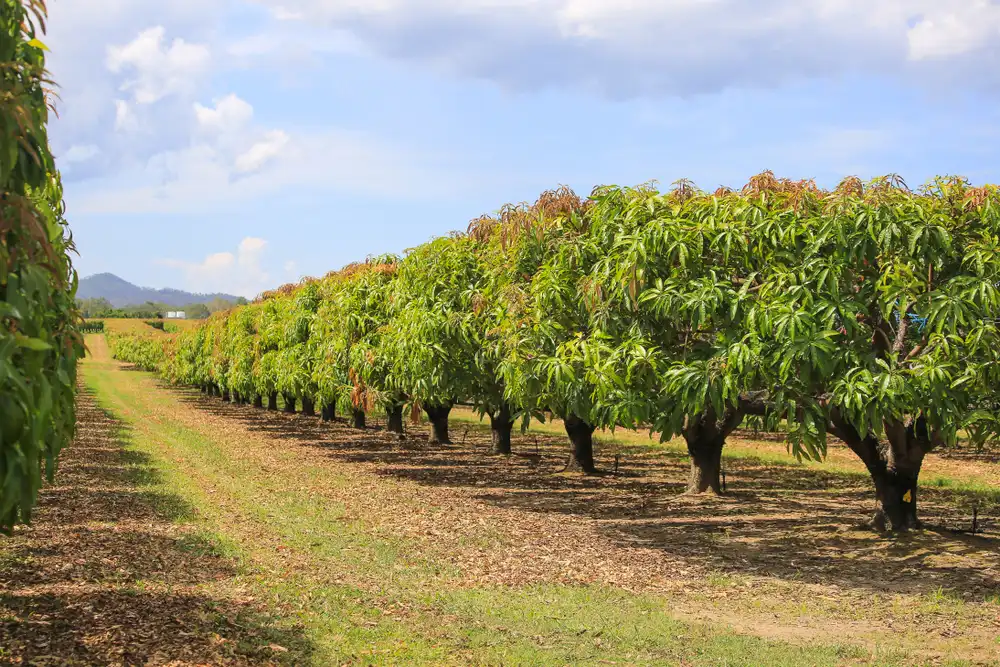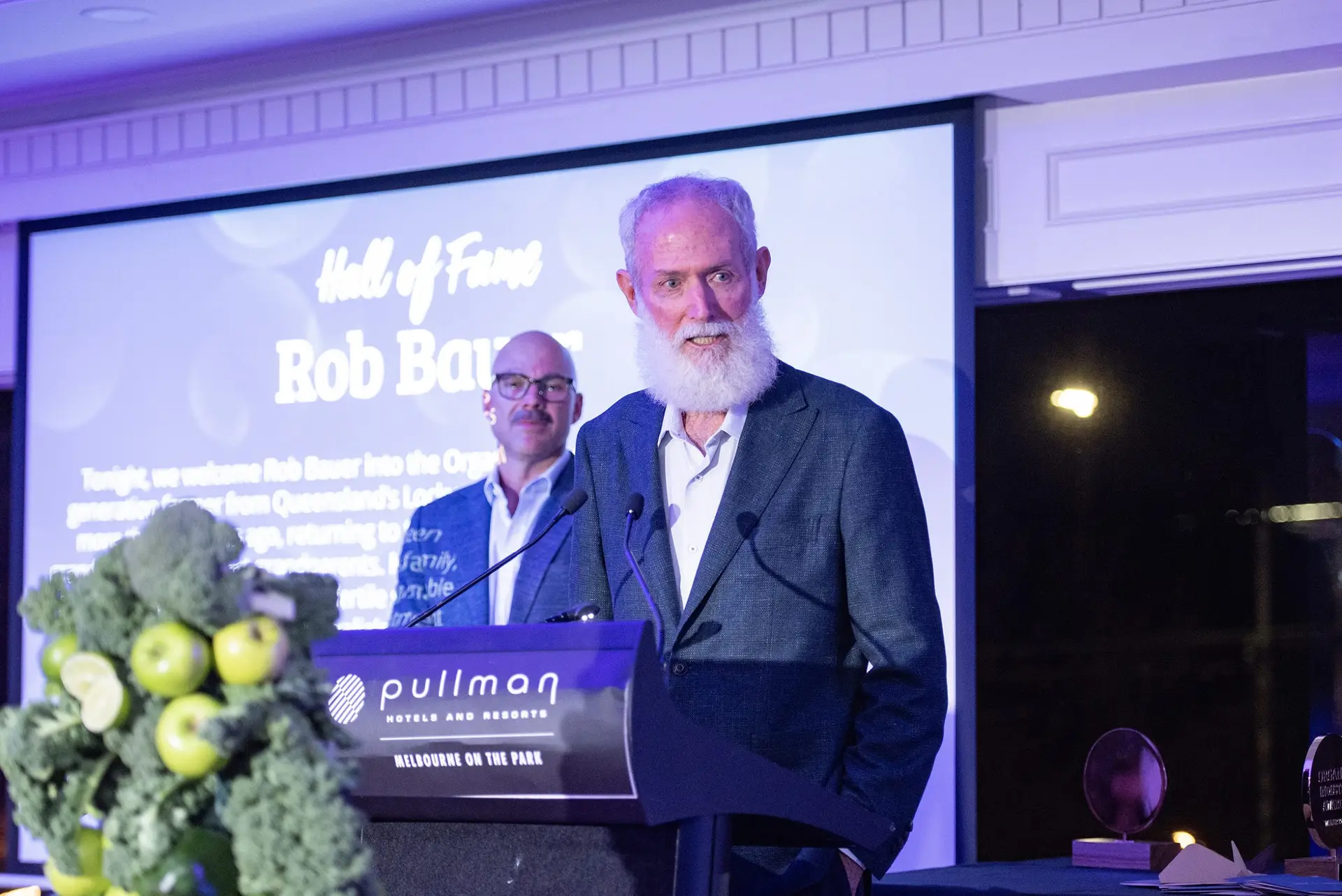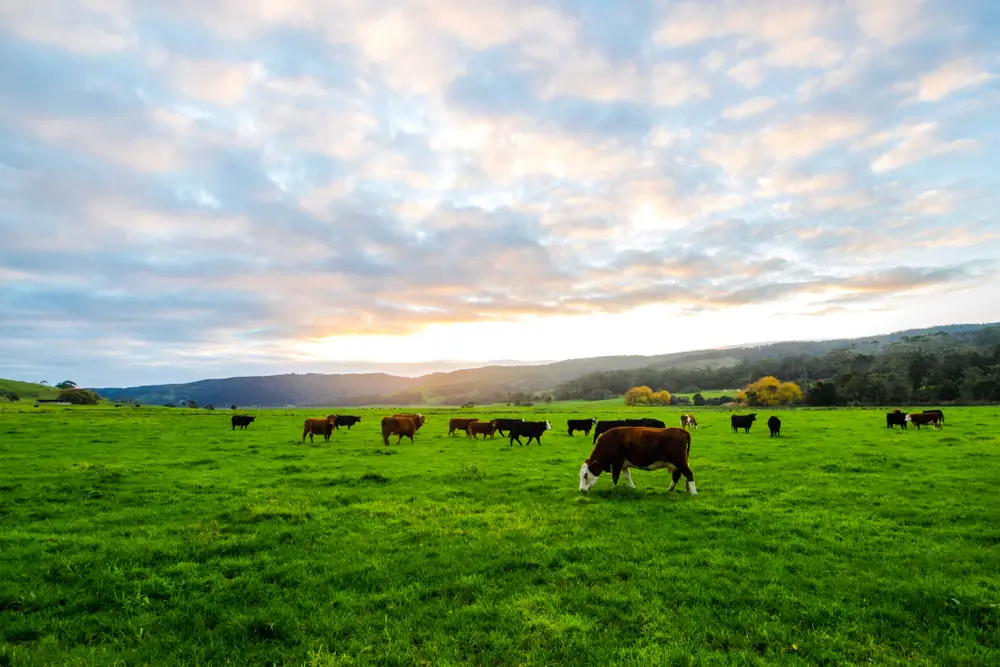Olio Bello, an award-winning olive grove in the Margaret River region, has echoed calls among the organic industry that a national mandatory standard for use of the word “organic” in marketing needs to be established.
Olio Bello General Manager, Brett Roberts, who oversees the operation which is 260km south of Perth, said the business had successfully carved out a niche by providing consumers with the assurance their olives and olive oils were authentic and certified organic.
However, he said he was concerned the lack of regulation in Australia meant producers who are not certified could, misleadingly, label their goods as “organic”.
“In today’s world, consumers are wanting confidence the products they buy are certified organic, not just being called ‘organic’ for marketing purposes,” Mr Roberts said.
“There is a clear expectation from the market that if something states it’s organic, it should be organic.
“From a producer’s perspective, I don’t want to go to all the effort of growing something certified organic, and see someone gain the benefits of making that claim without following due process.”
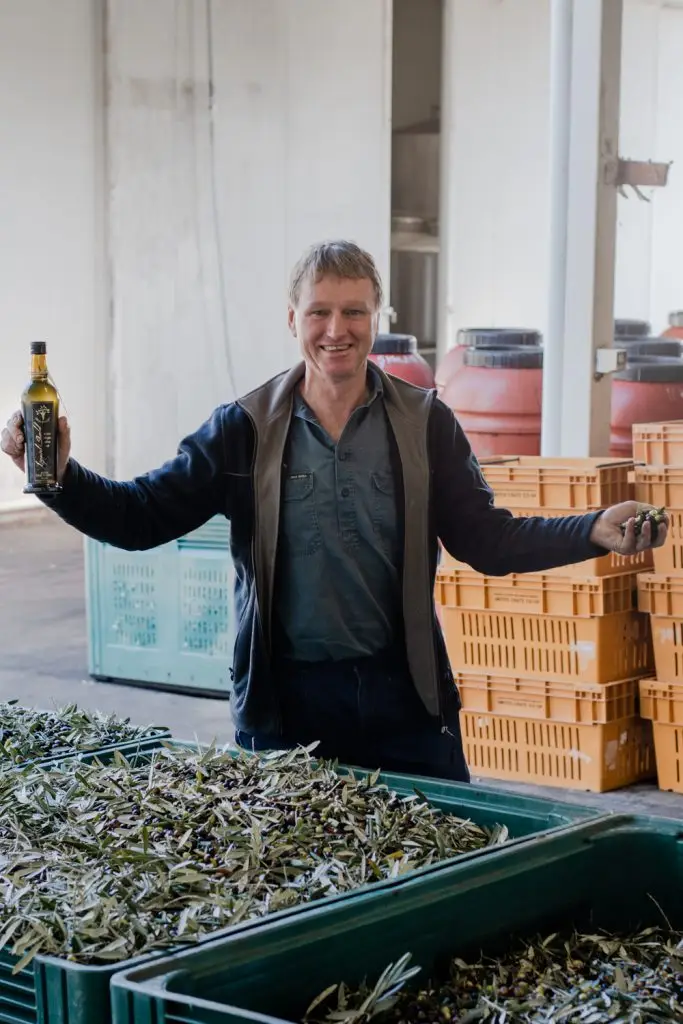
Australian Organic Limited (AOL) Chief Executive Officer, Niki Ford, agreed it was disheartening to know wrongdoers could make misleading claims.
“This simply cannot be accepted and needs to be rectified,” Ms Ford said.
“It is essential that anyone paying for a product has peace of mind it is exactly what it claims to be on the label.”
Ms Ford is working to resolve the problem at a national level and is a member of the Organics Industry Advisory Group, established in December 2020 by the Department of Agriculture, Water and the Environment, as requested by the Federal Minister for Agriculture, David Littleproud.
The group is set to hand down recommendations on organic regulation this year, which could lay the foundation for creating the necessary legislative change.
“I am confident the regulation will be established in Australia, as this is a step that’s long overdue. In fact, Australia is one of the only developed nations which doesn’t have its mandatory standard finalised,” Ms Ford said.
Mr Roberts has managed the 10,000-tree grove, which is ideally positioned close to the Indian Ocean, creating the perfect Mediterranean climate for olive production, for more than seven years.
He believes the business’s organic certification, obtained through the Australian Certified Organic Standard (ACOS), has underwritten a trajectory of growth, and provided a valuable point of difference against their big-corporate competitors in the olive oil industry.
“With organic farming, it’s often twice as much work, but we are producing a product that we are extremely proud and passionate about,” he said.
“That’s why we are entrenched in the tourism industry on our farm, we share our story, let people try our products, then sell direct to customers.
“They have complete confidence our products are legitimate, and a mandatory standard for use of the word ‘organic’ will help ensure they can have confidence in our entire industry.”
